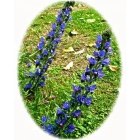 | ||
Perfect for pollinators Viper’s Bugloss -echium vulgare – grows very well on dry sandy soils or those containing chalk or limestone. However it is very adaptable to other soil types including clays and loams. Viper’s Bugloss makes a colourful and striking addition to a sunny garden flower border, where plants will be alive with butterflies and bees throughout summer. It can also attract the Painted Lady as a breeding butterfly which will lay its’ eggs on the plant. Vipers Bugloss produces spikes of brilliant blue, showy flowers in June, July and August. It looks best growing with other native plants that flower in mid summer such as Oxeye daisies, Meadow Cranesbills, Knapweeds, Scabious, and Mallows. How to grow Viper’s Bugloss Seeds Viper’s Bugloss seeds should be sown in autumn, outside where they are to flower, and covered lightly with soil. RHS Perfect for Pollinators. The RHS Perfect for Pollinators mark is only given to plants that support pollinating insects in gardens. Bees, butterflies, moths, hoverflies and many others visit flowers to feed on nectar and pollen; while doing so they transfer pollen and increase seed set and fruit development. Find out more at: rhs.org.uk/plants To discover more plants for Bees, simply enter the word "pollinators" into the search box above. To buy Viper’s Bugloss seeds To purchase Viper’s Bugloss seeds, please select a quantity above and click add to cart. To ensure the best chance of success, we sell all of our wildflower seeds by weight, which ensures each wildflower seed packet contains a good quantity of seeds. The recommended sowing rate is 1 gram per square metre, and the number of Viper’s Bugloss seeds per gram is approx. 230. All of our Wildflower seed packets contain seeds of Native British provenance. Summary type - biennial, colour - Blue, height - 50 to 75cms, flowering months - June, July, August, habitat - Very dry Sandy Soil, Bare, Open Ground (eg Arable field margins, disturbed, waste ground), Caterpillar Food Plant, Attracts Butterflies | ||
Printed 17/01/2026 05:50:13
st32_1 type biennial colour blue height 50 to 75cms flowers june july august habitat very dry sandy soil bare open ground eg arable field margins disturbed waste ground caterpillar food plant attracts butterflies rhs perfect for pollinators pollinating insects bees butterflies moths hoverflies
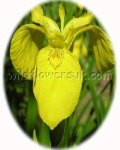
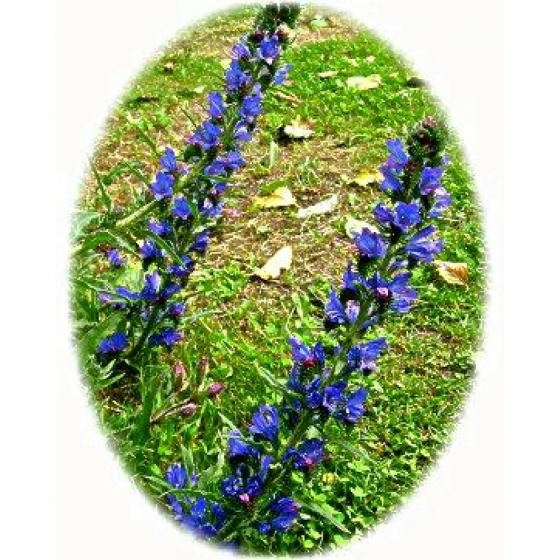
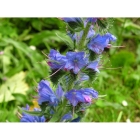
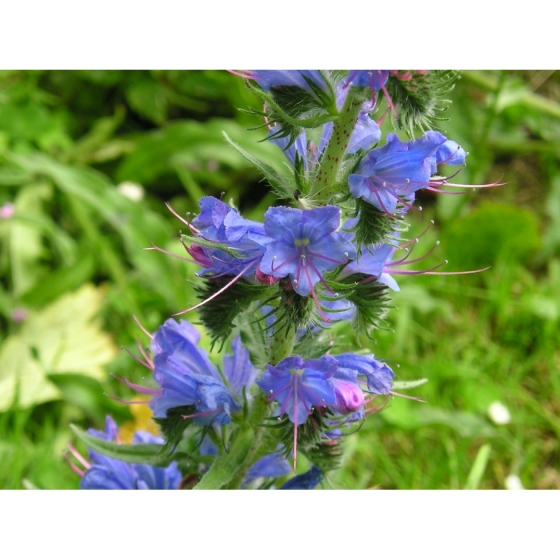
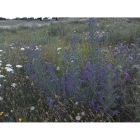
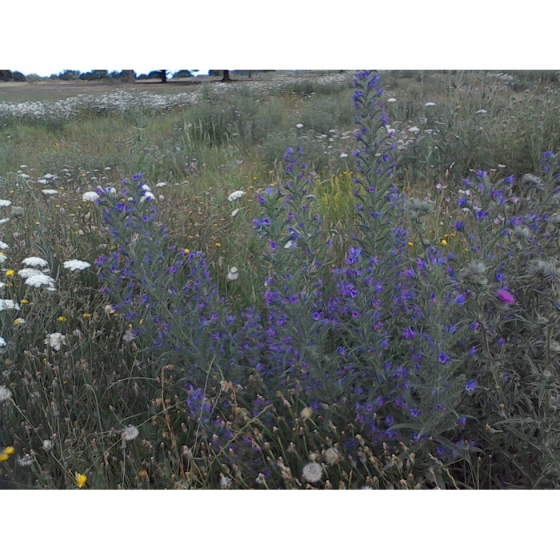
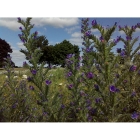
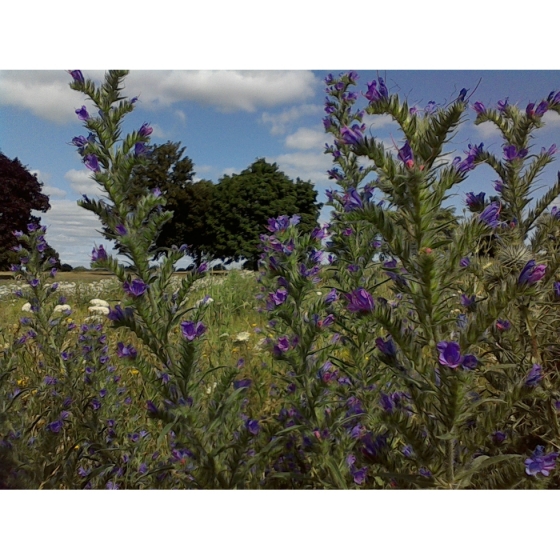



 added to basket
added to basket